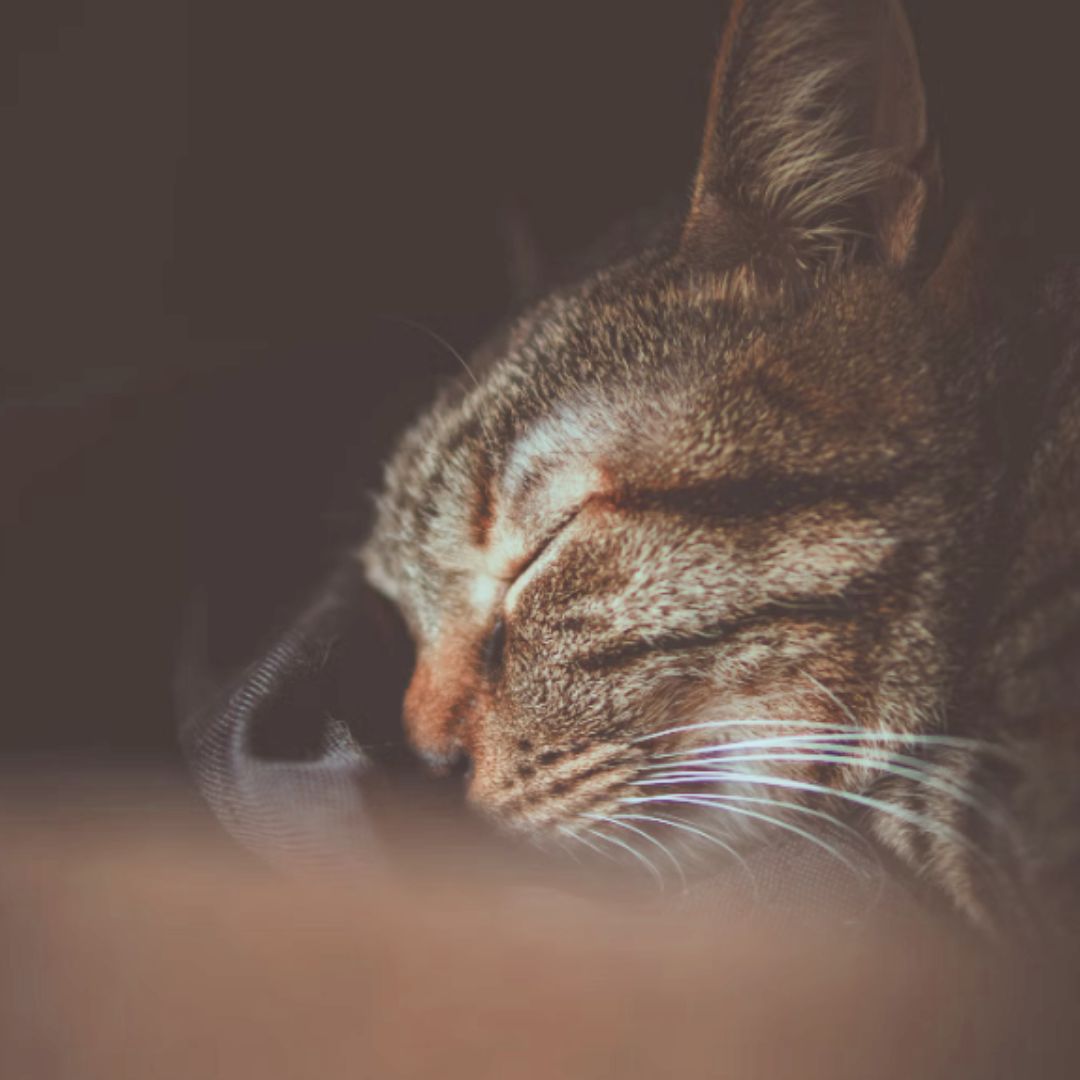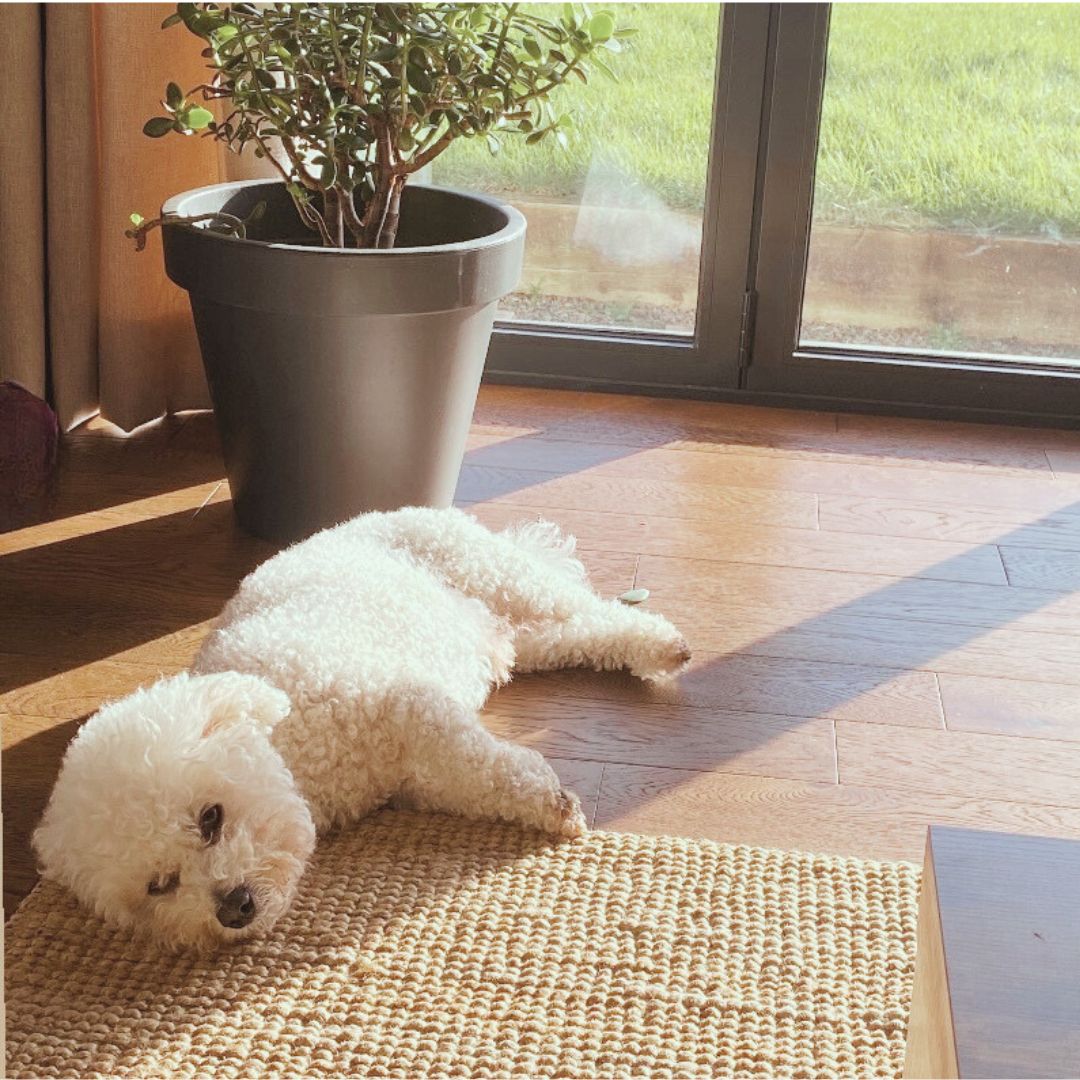As an animal lover and dog owner, I know how important it is to know if your pets are going to be safe around your essential oil products. Candles are safe to use around pets in most circumstances but they should be kept well out of their reach, as essential oil products need to be used with caution around pets. If any liquid containing essential oils comes into physical contact with your pet, rinse with cold water and seek the advice of your vet as a precaution.
Essential oil toxicity in animals is caused through ingestion and/or direct, prolonged skin contact or inhalation in its pure, unadulterated form. We strongly advise that neat essential oils should never be used around pets, including in electric steam diffusers. All essential oils are diluted with waxes, making them safe to use around pets, as long as you follow the directions and keep them away from direct contact.
USAGE TIPS AROUND ANIMALS
- Keep all candles fully out of reach of pets (so they can’t be licked, for example)
- Do not let pets smell, sniff or lick any essential oil product directly
Avoid using in the same room your pet sleeps. - If you suspect any of our products could be affecting your pet, cease usage immediately and consult your vet.
- Do not use around your pets if they are poorly.

Cats
Linalool, a naturally occurring chemical found in many floral essential oils, are thought to be harmful to cats because of the high linalool content. Candles pose a minimal risk but we would recommend caution when using any candles containing linalool if you have cats. Keep well out of their reach and the room must be well ventilated. It is advisable not to use them in the same room that they sleep in the most.

Dogs
There are several essential oils that are dangerous to use around dogs, including Cinnamon and Clove and Citrus (d-limonene). However candles are safe for indirect use around dogs. Candles must be kept well out of their reach, the room must be well ventilated and as above, not used in the same room they sleep overnight.

